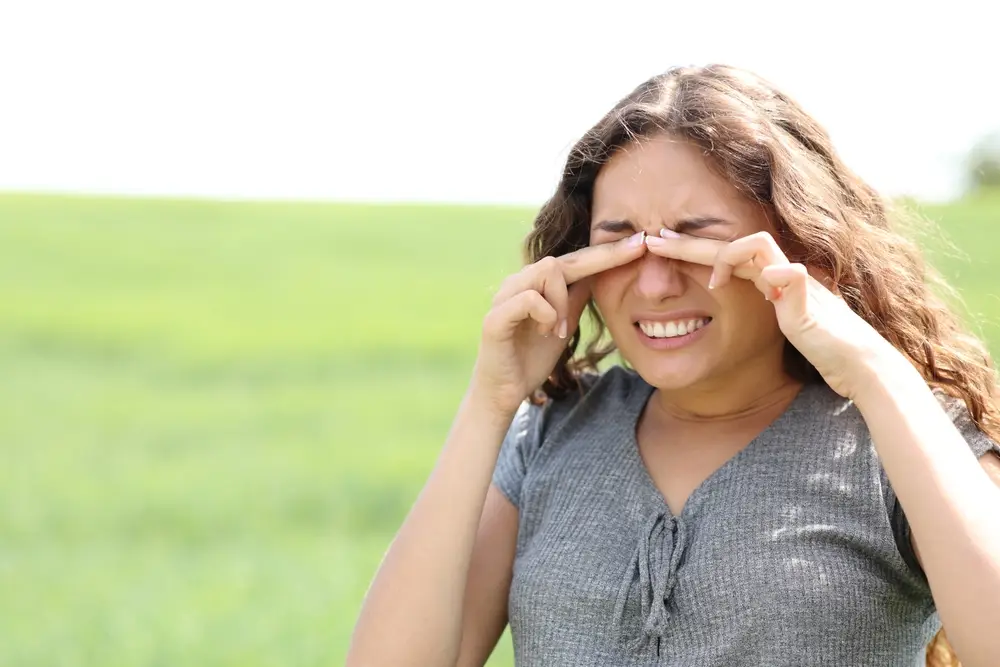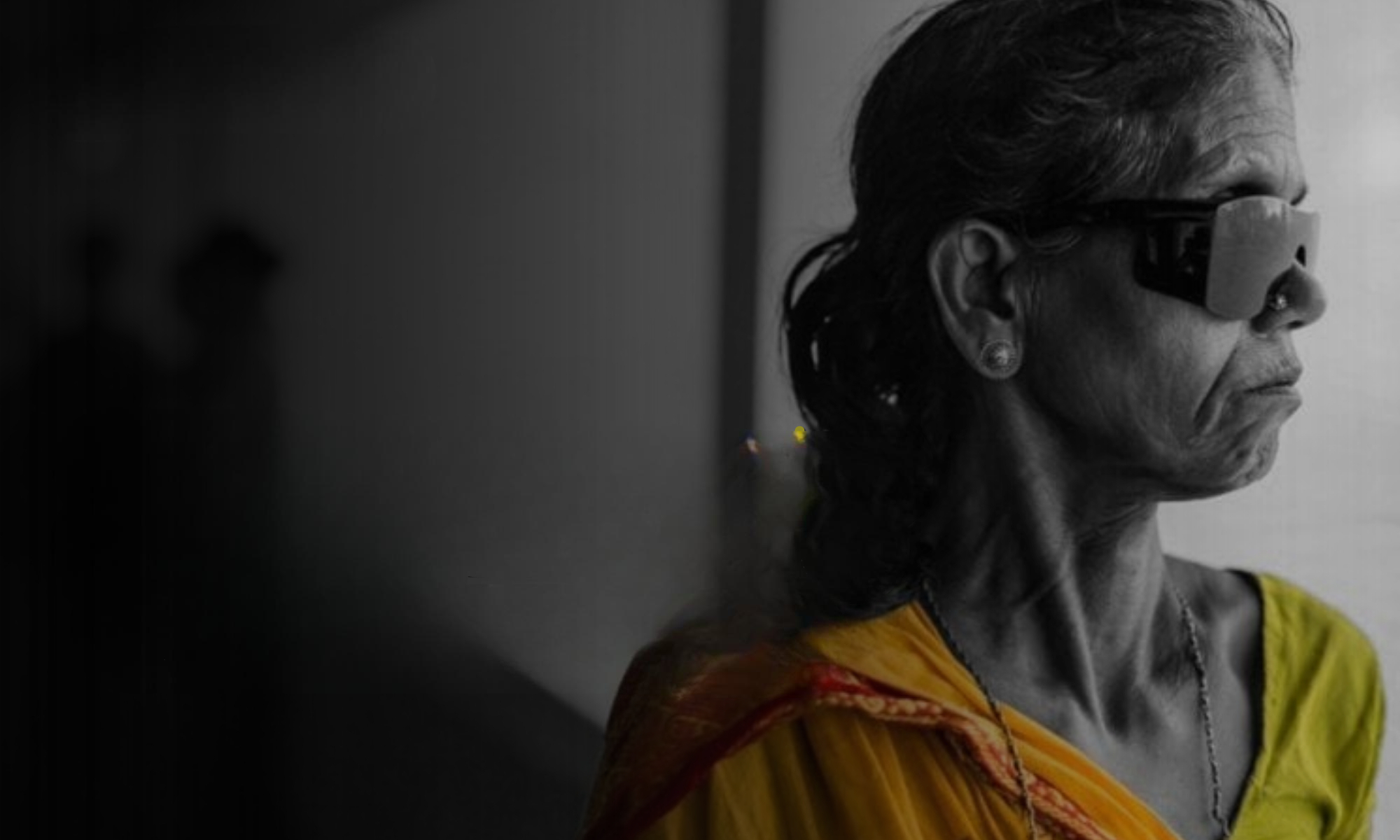Have you ever noticed your vision blurring when your eyes start itching uncontrollably? Or perhaps your eyes turn red and water excessively around certain triggers? These discomforts aren’t just annoying—they could be signs of eye allergies that, if ignored, might impact your vision more seriously over time.
Well, read on to learn how to protect not just your comfort but your precious sight from the often-overlooked risks of eye allergies.
Contents
How Allergies Can Affect Your Eyes?
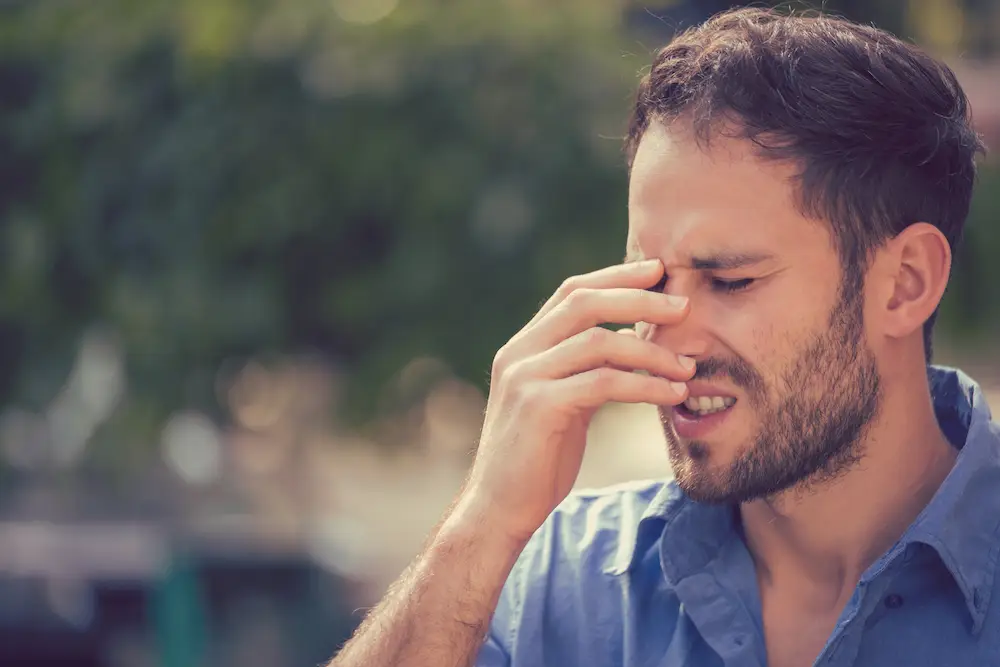
Eye allergies, or allergic conjunctivitis, happen when your eyes react to things that irritate them, called allergens. When allergens like pollen, pet hair, or dust get into your eyes, your immune system kicks in and releases chemicals that cause:
Symptoms of Eye Allergies
- Redness: As blood vessels expand.
- Itchiness: From irritation around your eyes.
- Swelling: From fluid buildup.
- Watery Discharge: Your eyes trying to clear out the allergens.
Remember, these symptoms can make you uncomfortable and might gradually blur your vision temporarily. Knowing about eye allergies and how your body reacts helps you manage the symptoms better, so they don’t disrupt your day.
Types of Eye Allergies
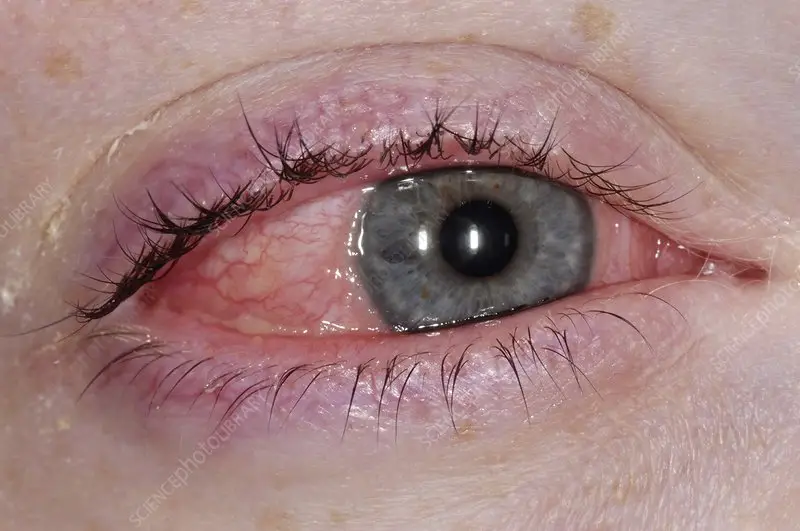
Eye allergies can vary in type, each with specific triggers and symptoms. Here are the main types of eye allergies:
Seasonal Allergic Conjunctivitis
- Causes: Triggered by outdoor allergens such as pollen from trees, grasses, and weeds.
- Symptoms: Characterized by red, watery, and itchy eyes that flare up during specific seasons, especially spring and fall when pollen counts are high.
Perennial Allergic Conjunctivitis
- Causes: Caused by year-round exposure to allergens like pet dander, dust mites, and mold.
- Symptoms: Similar to seasonal allergies but occurs throughout the year. Symptoms include chronic redness, swelling, and itchiness.
Contact Allergic Conjunctivitis
- Causes: Triggered by irritants that come into direct contact with the eyes, such as cosmetic products, eye drops, or contact lens solutions.
- Symptoms: Results in red, itchy, and watery eyes shortly after contact with the allergen. This type may also involve more eyelid swelling.
Giant Papillary Conjunctivitis
- Causes: Often associated with the long-term use of contact lenses, especially soft ones or when the lenses are not properly cleaned.
- Symptoms: Includes red bumps on the inner eyelids, excessive mucous production, and a gritty feeling in the eyes.
How Eye Allergies Can Affect Your Vision?
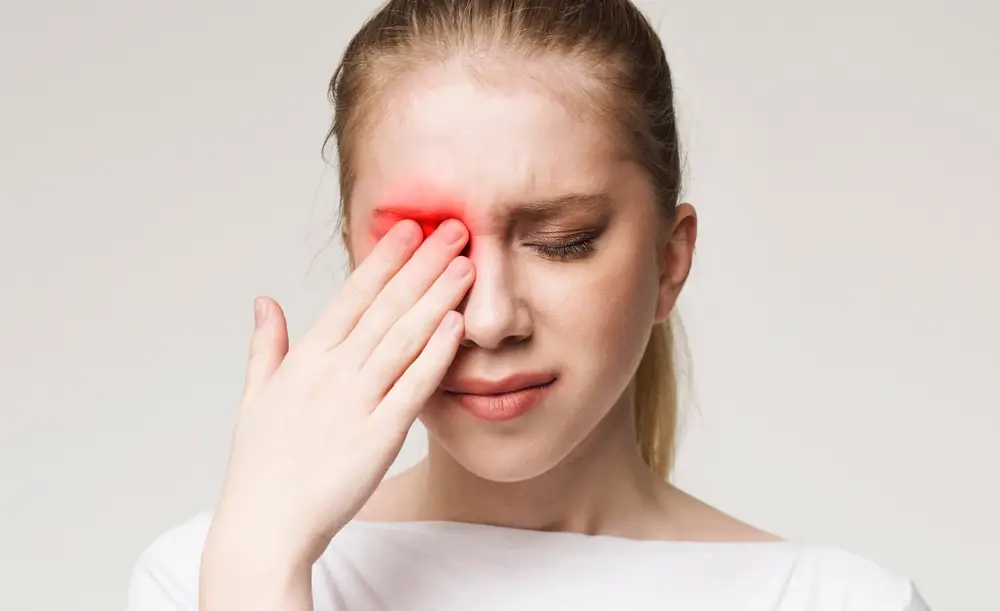
Eye allergies can significantly impact your vision, often in ways that may disrupt your daily activities.
- Allergens irritate the eyes, leading to excessive tearing and watery discharge. This response, while protective, can blur your vision temporarily. Additionally, swelling of the conjunctiva or cornea from allergies can distort your vision.
- The constant itchiness and discomfort associated with eye allergies encourage rubbing and scratching, which can further irritate the eyes and lead to additional strain.
- Eye allergies often make eyes hypersensitive to light, a condition known as photophobia.
- Eye allergies can disrupt the normal tear film due to inflammation and excessive tear production followed by dry periods. This disruption often leads to dry eye syndrome, where eyes do not produce enough tears or high-quality tears, causing persistent dryness, irritation, and blurred vision.
Treating Eye Allergies At Home
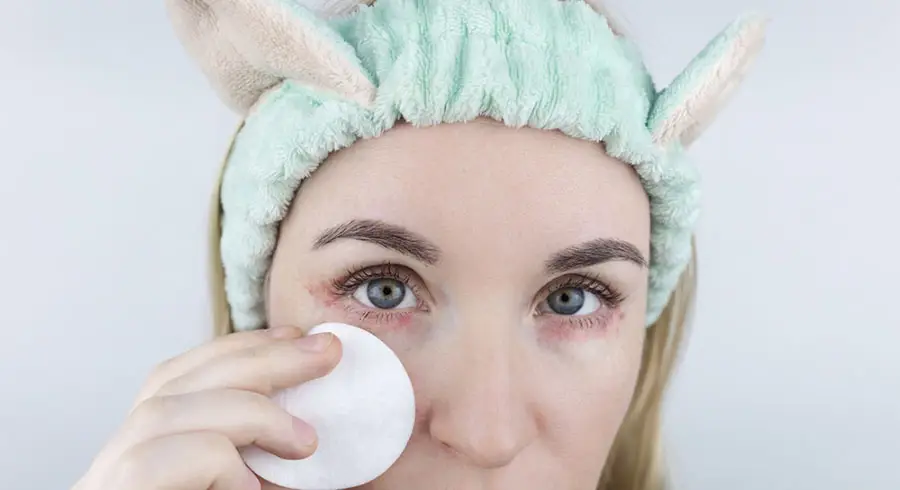
Here are some effective home remedies to help alleviate symptoms of eye allergies:
- Use cold compresses on your eyes to reduce swelling and irritation.
- Avoid exposure to allergens wherever possible.
- Use over-the-counter antihistamine eye drops for quick relief.
- Install air purifiers in your home to reduce airborne allergens.
- Wash your face and eyelids to remove allergen residues.
- Apply a damp washcloth to your eyes to soothe irritation.
- Wear sunglasses outdoors to protect your eyes from pollen and other irritants.
- Keep windows closed during high pollen days.
- Use artificial tears to keep your eyes moist and flush out allergens.
- Drink plenty of water to stay hydrated and support overall eye health.
When to Seek Professional Treatment
If you’re experiencing persistent eye allergy symptoms that don’t improve with home remedies, or if your discomfort becomes severe, it’s important to seek professional medical attention.
Consulting a professional can help you get the right treatment to manage your symptoms effectively and prevent further complications, safeguarding your eye health and overall well-being.
Conclusion
Eye allergies might seem like minor irritants, but they can significantly impact your daily life and, in severe cases, lead to more serious eye complications.
At the Eye Mantra Foundation, we are committed to ensuring that everyone has access to the essential eye care they need, regardless of their financial situation.
Your contribution can make a significant difference.
Whether you are seeking help for your own eye conditions or you are in a position to help others towards better eye health, your contribution is invaluable.
YOUR DONATION can HELP US offer critical services such as free eye check-ups, surgeries, and medications. Click on the button below and start helping.
FAQs
What is the Best Treatment for Eye Allergies?
The best treatment for eye allergies depends on the severity and the specific triggers of the allergy. It often includes a combination of avoiding known allergens, using over-the-counter antihistamine eye drops, and, in more severe cases, prescription medications from a healthcare provider. Lifestyle changes like using air purifiers and maintaining clean living environments can also significantly help manage symptoms.
How Long Does an Eye Allergy Last?
The duration of an eye allergy can vary depending on the cause and whether the allergen is seasonal or perennial. Seasonal eye allergies might last as long as the particular pollen season persists, typically a few weeks to months. Perennial allergies, which are caused by substances like dust or pet dander, can persist year-round but may have periods where symptoms are less severe.
Which Eye Drop is Best for Eye Allergy?
Different types of eye drops are effective for treating eye allergies, depending on your symptoms and needs:
- Antihistamine Eye Drops: These are designed to quickly relieve itching and redness by blocking the action of histamine. Examples include Olopatadine (Pataday, Patanol) and Ketotifen (Alaway, Zaditor).
- Artificial Tears and Moisturizers: These can help dilute allergens and keep the eyes moist to relieve symptoms. Examples include brands like Systane and Refresh.
- Anti-inflammatory Allergy Eye Drops: For more severe allergies, these drops can reduce inflammation and provide relief. Examples include steroid eye drops like Loteprednol (Alrex, Lotemax).
